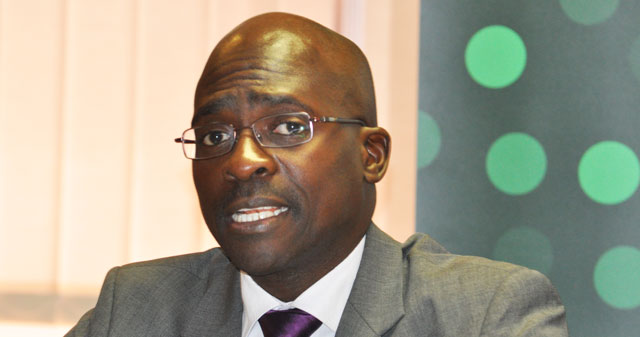
South African debt got dealt a second blow in a week as Fitch Ratings joined S&P Global Ratings and cut the nation’s credit assessment to junk following President Jacob Zuma’s move to fire his well-respected finance minister.
Fitch reduced the foreign-currency rating to BB+, the highest non-investment grade, the company said in a statement on Friday, four days after S&P reduced its assessment. The local-currency rating was also lowered one level to junk. The outlook is stable.
Zuma fired finance minister Pravin Gordhan, who pushed for budget restraint, in a cabinet reshuffle on 31 March, igniting South Africa’s worst political crisis in almost a decade and sparking calls from top officials for him to resign.
Investors regard the firing as a blow to an economy growing at the slowest pace since a 2009 recession and grappling with 27% unemployment. The rand and bonds plunged.
The downgrade “reflects Fitch’s view that recent political events, including a major cabinet reshuffle, will weaken standards of governance and public finances”, the company said.
“The reshuffle is likely to undermine, if not reverse, progress in state-owned enterprises’ governance, raising the risk that state-owned enterprise debt could migrate onto the government’s balance sheet.”
Zuma doesn’t understand how his actions can influence decisions by rating companies, and his actions showed a “recklessness” that ruined South Africa’s credibility, former President Kgalema Motlanthe said in a 3 April interview.
Pressure within the ruling ANC has been growing for Zuma to step down after he recalled Gordhan from a trade trip in London on 27 March. The former minister was holding meetings with investors and ratings companies.
The president replaced Gordhan with former home affairs minister Malusi Gigaba, who has no financial or business experience, making him the nation’s fourth finance minister in 15 months.
Both the South African Communist Party and the Congress of South African Trade Unions, the country’s biggest labour federation, have called on Zuma to resign, as has a group of the ANC’s veteran members.

The rand, which had been the world’s best-performing currency in 2017 until the 27 March recall, has now erased all its gains this year for the biggest decline among more than 140 currencies monitored by Bloomberg. The rand decreased 0,6% to R13,84/US$ at 1.38pm in Johannesburg.
The Fitch cut came as thousands of people gathered across the country to demand that Zuma resign. The protests were called by Save South Africa, which has been campaigning for better government, and are backed by the main opposition party, the Democratic Alliance, and civil-rights groups.
Zuma, 74, will face a no-confidence motion in parliament on 18 April sponsored by opposition parties. The ruling ANC said its members won’t vote against the president, whose decision to change the cabinet was criticised by three senior members of the party, including deputy President Cyril Ramaphosa.
Zuma, who’s due to step down as ANC leader in December and as the nation’s president in 2019, has survived a series of corruption scandals and presided over the party’s worst electoral performance since the end of apartheid in 1994 in municipal elections in August.
Moody’s Investors Service put its Baa2 assessment, which is two levels above junk, on review for a downgrade on 3 April. — (c) 2017 Bloomberg LP




